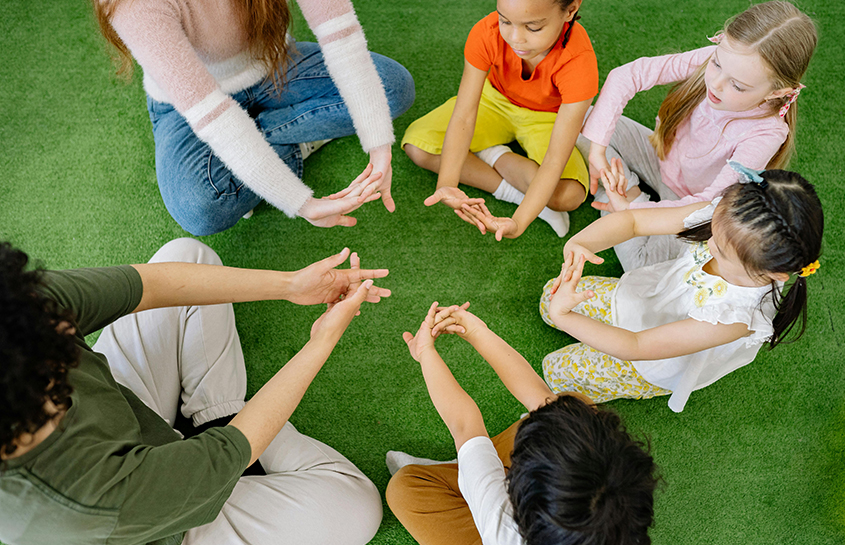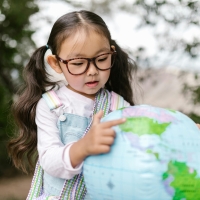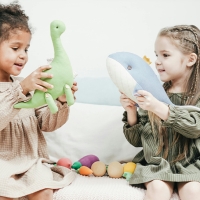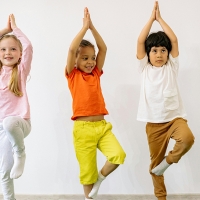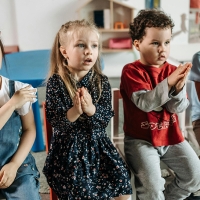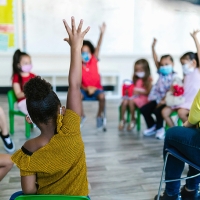Preschool is not only a place where children learn academics; it’s also an environment where they develop important social skills that shape their future interactions. One of the most crucial aspects of a child’s early social development is building friendships.
At Creative Mind Preschool, we emphasize the importance of social interactions, helping children develop the skills they need to form meaningful relationships. Here’s how preschool fosters the development of friendships and why these early connections are so important.
1. Learning to Share and Cooperate
In preschool, children are often introduced to group play and activities that require sharing and cooperation. Through these interactions, they learn to take turns, share toys, and work together to achieve common goals. These early experiences teach children the importance of fairness and empathy, essential building blocks for forming friendships.
2. Developing Communication Skills
Preschoolers are still learning how to express themselves verbally. Through daily interactions with peers, they practice communicating their thoughts, feelings, and needs. As they learn to articulate their emotions and listen to others, they build stronger connections with their classmates. Effective communication is a key ingredient in forming and maintaining friendships.
3. Understanding Empathy and Kindness
Empathy is one of the most important social skills that children begin to develop in preschool. By observing and engaging with their peers, children learn how their actions can affect others. Teachers and caregivers help guide children in recognizing emotions like happiness, sadness, and frustration in their friends, encouraging kindness and understanding. These lessons in empathy lay the foundation for lasting friendships.
4. Handling Conflict and Problem-Solving
Friendship doesn’t come without its challenges. Preschool is often the first time children encounter conflicts with their peers, whether over toys, games, or attention. Learning to navigate disagreements in a healthy way is an important part of social development. At preschool, children are guided through conflict resolution, learning how to compromise, negotiate, and solve problems together—skills that will serve them well in future relationships.
5. Building Confidence and Social Independence
When children form friendships at preschool, they develop a sense of belonging and self-confidence. The positive feedback they receive from peers boosts their self-esteem, helping them become more socially independent. As they make choices about who to play with and how to engage in group activities, they begin to assert themselves and develop their unique social identity.
6. Creating a Sense of Community
Preschool provides children with a shared space where they interact with the same group of peers each day. This consistency helps children feel connected to a larger community, creating a sense of trust and security. By developing friendships in this nurturing environment, children learn the value of community and the joy of meaningful relationships.
Conclusion
Building friendships at preschool is a vital part of a child's social development. Through cooperation, communication, empathy, and problem-solving, preschoolers learn the skills they need to form and maintain lasting relationships. At Creative Mind Preschool, we support the growth of social skills by fostering a welcoming and inclusive environment where every child has the opportunity to connect, learn, and build friendships that enrich their early years and beyond.


